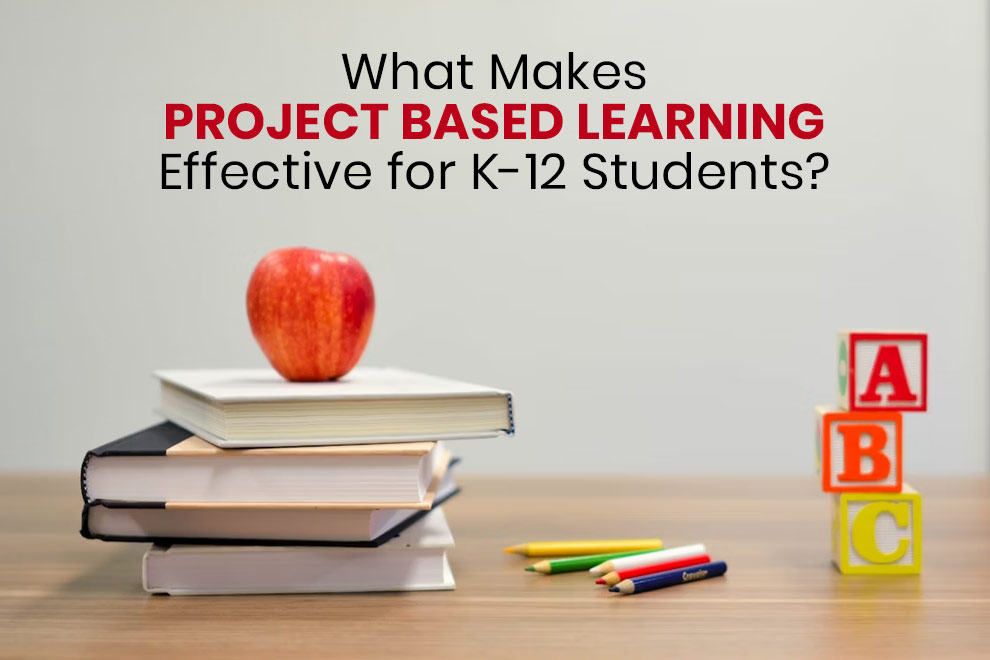Project based learning is an instructional method that involves students actively engaging in real-world projects that are personally meaningful to them. While there are many ways students can learn, teachers are beginning to adopt project based learning in their classrooms. This is due to its effectiveness in helping students grasp concepts and retain knowledge in the long term.
This style of learning prompts students to tackle complex questions, find solutions, and present their findings to their teacher for evaluation. Project based learning has proven to be a reliable way to develop students’ creativity, critical thinking, and collaborative skills; all of which are essential to their success in the real world. Here are a few key reasons why:
Connection to real-life situations
Rather than relying on traditional classroom instructions that separate academic problems from real-life experiences, project based learning exposes students to situations they are likely to encounter outside of school. This bridges the gap that often exists in the traditional way of teaching and encourages students to apply their theoretical knowledge to real problems.
Emphasis on active participation and teamwork
In some classes where students are taught traditionally, some students may lose focus and be unable to keep up with the pace of the rest of their peers, thus leaving them behind. Project based learning carries all students along by making them work together in a team to research, plan, and execute projects. This style of learning mimics real-world professional settings, where the success of a company depends on teamwork, collaboration, and conflict resolution.
During this process, students will learn how to divide tasks amongst themselves, listen to the viewpoints of their colleagues, and work together to proffer solutions when there are challenges. Teachers are required to guide team discussions, provide feedback, and help students reflect on their learning progress. They should also ensure that all students contribute to their team’s project success to promote fairness and reduce conflict.
Encourages deep understanding
Project based learning makes students deeply understand the concepts of the subjects being taught by applying their theoretical knowledge to solve problems. This contrasts with traditional forms of teaching that rely on lectures and standardized tests, which reward short-term recollection over a deep understanding of the subjects being taught.
Students grow their understanding of a subject in this style of learning by exploring topics from multiple angles for an extended period, gathering new information, and revising their work. This iterative process improves knowledge retention and makes students adept at solving problems.
Promotes student autonomy
When students have a say in their project topics and the methods through which they accomplish their academic goals, they will be more invested in the outcome. Having autonomy over important parts of their education gives students the internal motivation to succeed and the drive to complete projects, rather than to rely on the external gratification that comes with grades.
End note
Project based learning makes K-12 students more involved in their education, thus making them more invested in their academic growth. It also prepares them for the reality of the outside world, instead of relying on theoretical knowledge. It is crucial to note that teachers should monitor their students carefully while they undertake projects and guide them towards the right decisions to make this style of learning yield positive results.










